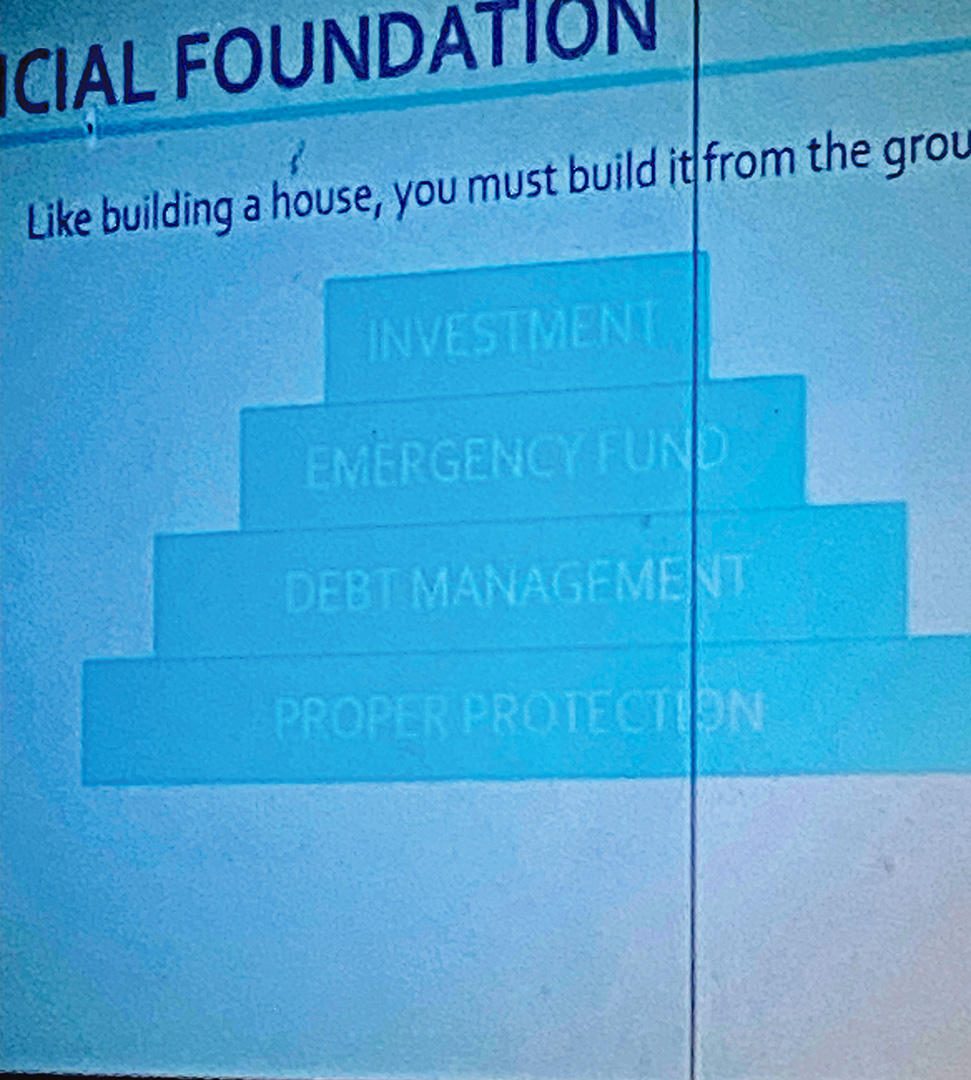In Canada, some students are facing the issue of financial literacy.
Despite the country being one of the world’s most financially literate, over one-third of Canadian residents stated in a recent poll conducted by Statistics Canada that their household financial needs, such as transportation, housing, food, and clothing, were difficult to meet.
In addition, in the same Statistics Canada poll, over two-thirds of these Canadians had low trust in the information provided by the news media. In contrast, more well-off Canadians displayed a more even split.
In a March 2023 poll by the Angus Reid Institute, nearly half of Canadians said that they were worse off financially compared to the previous year.

Some residents of Durham Region feel the federal government is partly to blame. Durham College student Andy Riley says that as the government oversees running the country, “I absolutely think they have the tools to be able to fix what’s going on.”
Another Durham College student, Katie Cooper, feels that the federal government has not done enough. “In my own opinion, I think it’s easier to take money from people that don’t understand how to spend their money or save their money,” Cooper said.
Experts in Durham Region have expressed a similar distrust in the government. Leilani Santos, marketing and promotions manager for the World Financial Group of Canada, said that the government may not care as much about financial literacy when compared to other, more important issues.
Santos said that she hasn’t “seen the government really make a lot of effort to incorporate basic financial knowledge” within the educational field.
“This kind of stuff can be taught in elementary [schools] because it’s basic, yet nobody is doing it,” Santos said.
In recent years, efforts have been made to get financial literacy taught in Canadian high schools, with some courses welcomed with open arms by Ontario schools in 2019. However, the success rates of these efforts have yet to be seen.
In addition, Li Zhang, financial literacy director for the Chartered Professional Accountants of Canada, points out that financial literacy is already mandated in elementary and secondary schools across Canada, but that it would help to start educating students early.
“The quicker we remove the taboos around [money], the better,” Zhang said, “because it allows us to seek help when we need it.”
Many students and experts agree with Zhang’s beliefs, such as Durham College student Connor Brown. “I think that [financial education] would be very beneficial,” Browne said. “[High school is] when a lot of people are getting their first full-time jobs over the summer. Not everyone does go to college, so it would be best as a high school course.”
The opinions on financial education remain the same among former Durham College students, such as Chloe Hucklebridge. “I think the sooner, the better,” Hucklebridge said. “People get jobs when they’re young, and for them to know how to manage that money, it will give them lots of time to practice before they move out.”




